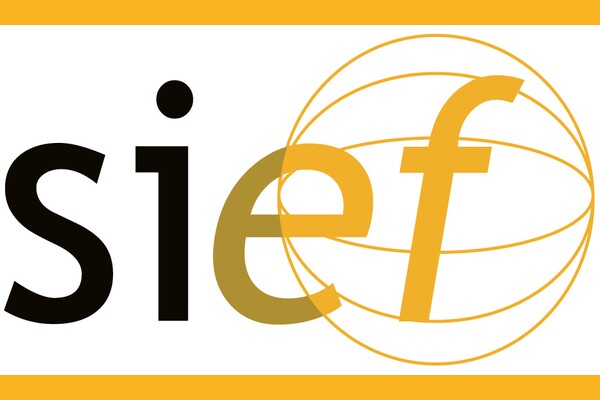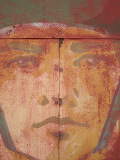
Working Group on Digital Ethnology and Folklore
The WG reports on the conference “Digital Dreams and Practices”, held in Tartu, Estonia on March 5th-7th, 2025 - full-text submissions and abstracts are available.
In addition, post-proceedings will be published - the call for submission ends on June 15th. The WG reports on the conference “Religious Art and Power - Contestations and Affirmations”, held in Budapest, Hungary on October 17th-19th, 2024.
Conference report: Digital Dreams and Practices
The special theme of the Digital Humanities in the Nordic and Baltic Countries held in Tartu, Estonia in March 5-7, 2025, was ‘Digital Dreams and Practices’. With this topic, the conference organisers - a joint consortium across a number of SH-related organisations in Estonia lead by the Estonian Literary Museum - aimed to delve into the synergy between dreams in digital humanities and their practical applications. The focus was threefold, seeking to explore the interconnected areas of (1) the integration of traditional humanities scholarship with computational techniques; (2) the transition of digital humanities research from the ‘ivory tower’ of academic theory to societal practice; and (3) the practical applications of Artificial Intelligence.
The intense conference programme was supplemented by two days of pre-conference workshops, attended by around 200 conference participants from all over Europe, though mostly representing Scandinavia and the Baltic states. SIEF Digital Ethnolgy and Folklore working group was represented by quite a few scholars; Coppélie Cocq (with Stefan Gelfgren, Jesper Enbom and Lars Samuelsson) presented a paper "Keeping pace with digital transformation: the case of senior citizens in Sweden" and a poster "Huminfra – A Swedish national research infrastructure for digital and experimental humanities" (with Koraljka Golub, Marianne Gullberg and Mats Fridlund). Evelina Liliequist together with Johanna Arnesson and Coppélie Cocq presented a paper on "Collecting memories of the early internet" and a poster (with Karin Danielsson, Jim Robertsson) "Choreographing queerness: capturing motion of fluid identities". One of the organisers of DHNB was Liisi Laineste (Estonian Literary Museum), co-chair of the SIEF working group for Digital ethnology and Folklore.
The conference programme featured a variety of themes and methods, with both qualitative and quantitative research. However, the majority of presentations focused on quantitative research in data-driven linguistics, including topics such as large language models (LLM), topic modelling, and provided significant insights into the application of advanced analytical techniques such as word embeddings and semantic graphs. Another recurring theme throughout the programme, with great relevance for ethnologists and folklorists, was the digitisation of cultural heritage.
Accepted full-text submissions were published in a citable conference proceedings collection (https://journals.uio.no/dhnbpub/). The abstracts, on the other hand, can be accessed in the book of abstracts available at the conference website (https://dhnb.eu/conferences/dhnb2025/). After the conference, a separate call for post-proceedings will be issued, with June 15 as the deadline of submission.
The conference was co-funded by the European Union and Enterprise Estonia with funding of 27 064,31 euros.




